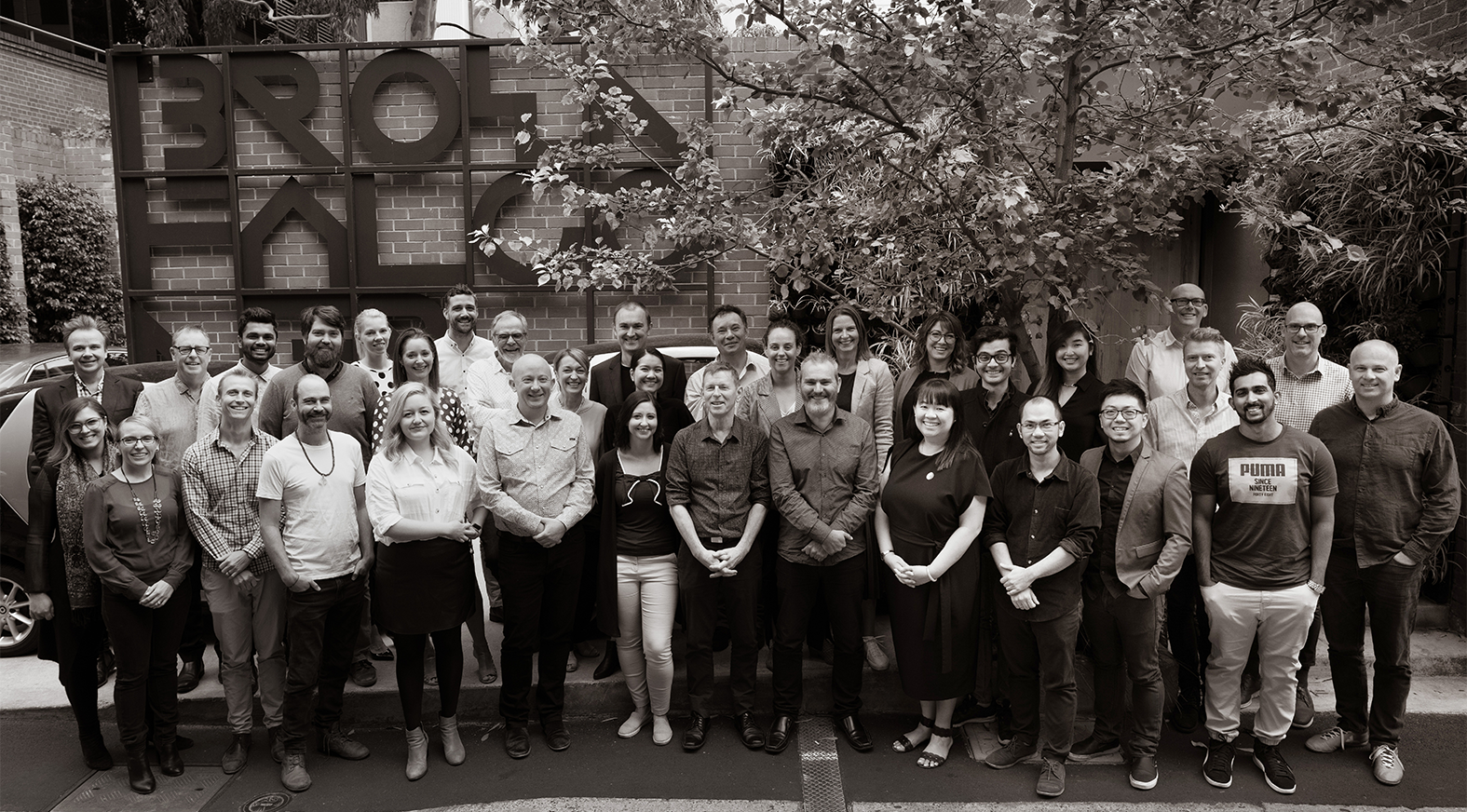Communication, Autonomy and Initiative

Brown Falconer is in the process of transitioning all staff to remote working. Mario Dreosti emphasises the importance of open communication and sharing both the knowns and the unknowns as essential to building trust, autonomy and initiative.
Brown Falconer is a multidisciplinary practice of around 40 people with a larger studio in Adelaide and a small studio in Perth. The practice’s work is diverse, across a number of commercial and institutional sectors.
What measures has your practice put in place in response to COVID-19? What are you looking at doing next?
Like many others, we have progressively shut down external face-to-face interactions and are now transitioning out of the Adelaide studio for remote working by Friday 27 March.
How are you managing staff working remotely – in terms of both technical / IT matters and workplace systems and cultures?
At the time of writing, we have about 50% of our staff working from home in Adelaide – as above, we aim to have everyone doing this by the end of the week. We have previously used conferencing software, VPN and Revit 360 for flexibility and are now using them for full remote working. Engagement will need to be more deliberate, and we expect the greatest challenges to be sustaining cultural connections and ensuring that our design processes and production quality are maintained.
How are you communicating the changes to clients?
We have emailed and Instagrammed our positions as they have evolved and have spoken directly on a project-by-project basis. Most of our clients are operating in similar ways.
What challenges have you encountered to date?
We had to upgrade some of our software and hardware for all to be remote and availability has been a challenge. We have put a lot of effort into regular internal team discussions to try and manage morale and are trying to ensure this continues through technology when remote.
Our relationships with other collaborators and clients are also constrained by the limitations on interactions and these will need to be proactively managed.
Challenges for the future will be managing a likely drop in efficiency of production, at least in the short term, and what impact may occur on the pipeline of work available.
What advice would you give to other practices based on your experiences so far?
Our team have respected the regular open sharing of both our position and the things that we do not know. We think that everyone is going to need to take on greater levels of autonomy and initiative in this environment and so we are sharing to make sure that all have the same understanding.
Mario Dreosti is Managing Director of Brown Falconer, current Vice President of the ACA – SA Committee and immediate past President of the SA Chapter of the Australian Institute of Architects. Mario is an advocate for design-led thinking across all platforms and have been heavily involved in submission and representation around the SA Planning System Reform for some years now.
